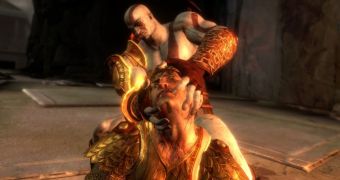One of the video games that I was excited to play during the first two months of 2012 was King Arthur II – The Role-playing Wargame, a mix between turn based strategy, text adventures and tactical battles that was put together by a little known Hungarian studio called Neocore Games.
My interest in the game was linked to the mechanics of the first title in the series, which copied the Total War franchise from The Creative Assembly up to a point, and to the setting, dark take on the Arthurian legend that all of the Western world knows in broad strokes.
After playing the game (producing a full Softpedia review and a series of Gamer Diaries), I was somewhat disappointed in the mechanics, but loved the way the art style, the writing, the characters and the overall plot exploited the legend it was based on, while updating it to suit the sensibilities of the modern media consumer.
And I began to wonder why video games weren’t more interested in legends and in bringing them back to life.
Sure, God of War has managed to use the themes and the characters of the Greek mythology and built interesting stories and over the top violence around them, and titles like Assassin’s Creed at times integrate historical anecdotes and trivia.
But there are rarely other games that take legends and make them playable, allowing gamers to alter the course of the well-known story and introducing new themes to familiar writing.
I would love for a developer to take other classic stories and create video games around them, using the core properties and adding modern tweaks to them, twisting characters around and changing obscure but crucial details.
It would certainly make for a welcomed break from the sequel flood that video games has been affected by during the last few years, even though it might lead to some accusations from literature professors that see their domain under attack from the video game barbarians.

 14 DAY TRIAL //
14 DAY TRIAL //